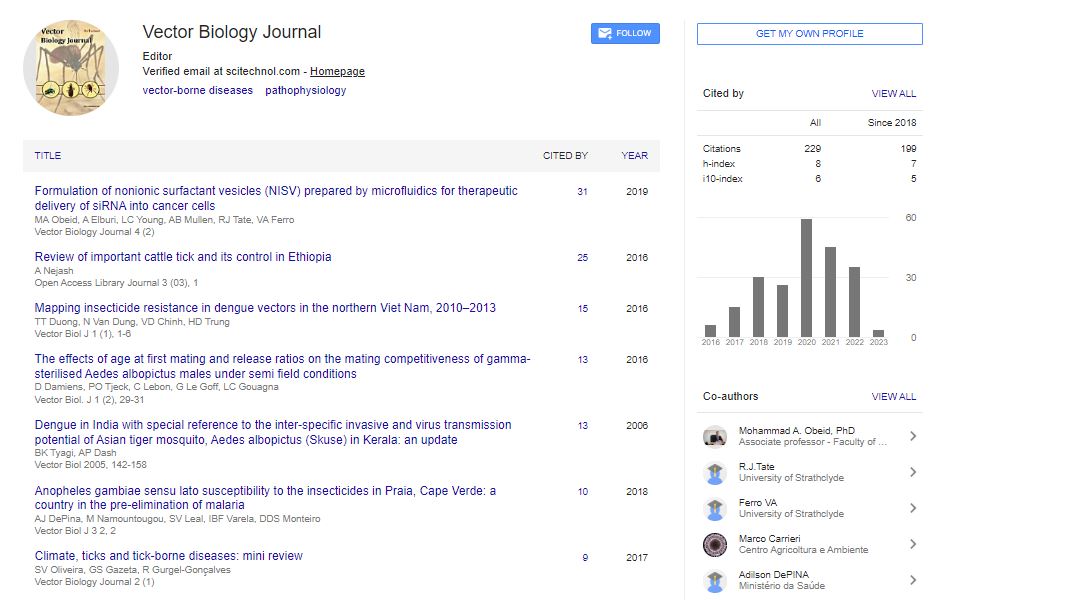Life cycle assessment of mixed vegetable oil wastewater treatment plant
Basak K Taseli
Giresun University, Turkey
: Vector Biol J
Abstract
Life Cycle Assessment (LCA) is a valuable tool used to measure the effects of a product, service, or process from cradle to grave. In this context, this article will examine the application of life cycle analysis to two types of wastewater treatment plants in search of a more environmentally friendly wastewater treatment system treating mixed vegetable oil (hazelnut oil, sunflower oil, soybean oil, corn oil and canola oil) wastewaters. The main objective of this article is to present the sustainability of conventional activated sludge system and electrocoagulation (EC) system by life cycle analysis. Sustainability is determined by the method given in the literature with the effect of selected factors such as chemical use, energy use, sludge production, land requirement, investment cost, management cost and chemical hazard risk. Weights of individual factors assigned based on method given in literature. The factory’s wastewaters have already been treated by classical activated sludge system with removal efficiencies below 50%. However, proposed EC system reveals 87.32 % COD, 51 % TN and 88 % TP removal. For two treatment alternatives the weight for each factor has been given four scales named as no, low, medium and high impact. Total impact value was calculated by assigning values 0, 1, 2, 3 for no, low, medium and high impact factors, respectively. Total impact value of 13 and 11 was achieved for conventional activated sludge system and EC system, respectively. It is concluded that the sustainable alternative is the one with the lowest total impact value which is EC system.
Biography
E-mail: basak.taseli@giresun.edu.tr
 Spanish
Spanish  Chinese
Chinese  Russian
Russian  German
German  French
French  Japanese
Japanese  Portuguese
Portuguese  Hindi
Hindi 